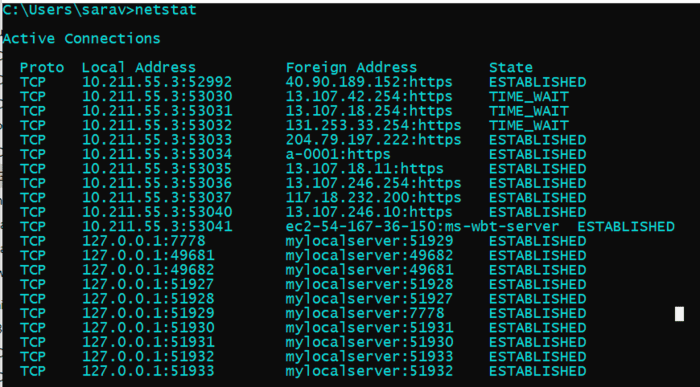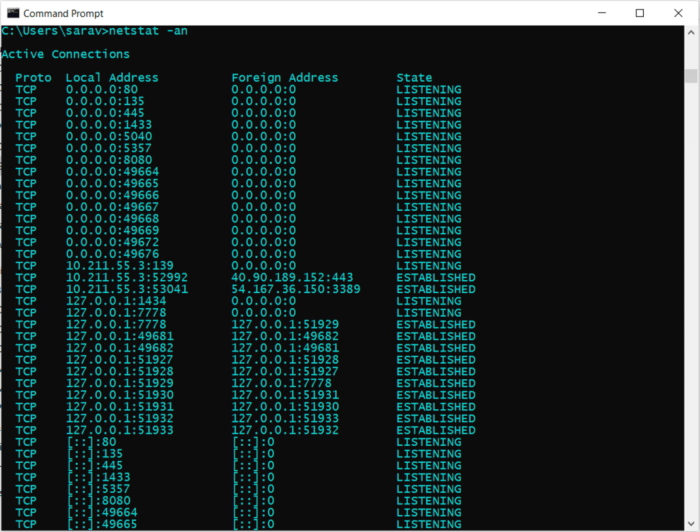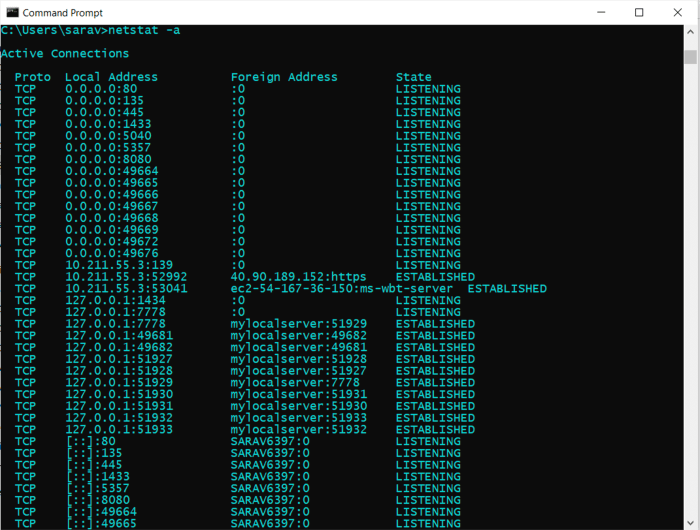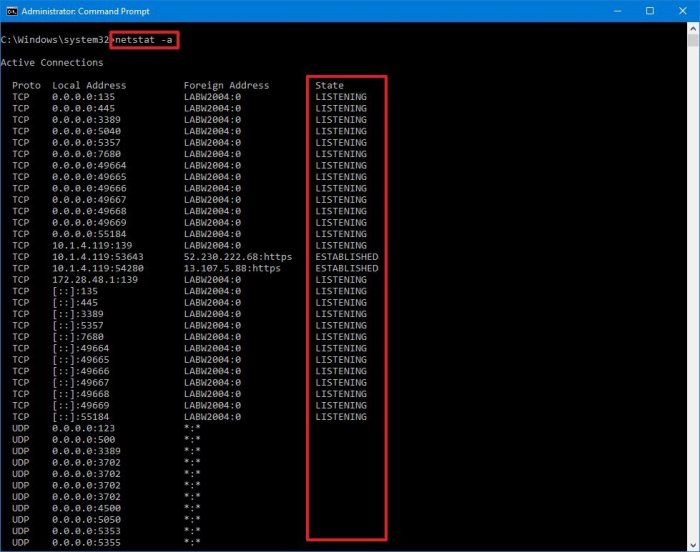Which tcp ip utility gives you the following output – Delving into the realm of TCP/IP utilities, we embark on a journey to identify the specific tool that generates a given output. This exploration unveils the purpose and functionality of these utilities, empowering us to harness their capabilities for effective network management.
TCP/IP utilities encompass a diverse range of tools, each tailored to specific tasks. By understanding the nuances of each utility, we can optimize our troubleshooting and analysis efforts, ensuring the smooth operation of our networks.
TCP/IP Utility Identification: Which Tcp Ip Utility Gives You The Following Output

TCP/IP utilities are essential tools for managing and troubleshooting network configurations. They provide detailed information about the status and performance of TCP/IP networks.
Various types of TCP/IP utilities are available, each serving a specific purpose. These utilities include:
- Ping: Tests network connectivity by sending echo requests to a specified host.
- Tracert: Traces the route taken by packets from the source to the destination host.
- Nslookup: Retrieves DNS information about a specified domain or host.
- Netstat: Displays active network connections, routing tables, and statistics.
- Ipconfig: Displays the IP configuration of the local computer.
The specific utility that provides the given output is ipconfig.
Output Interpretation
The output of the ipconfig utility provides detailed information about the IP configuration of the local computer. It includes the following parameters and fields:
- Host Name:The name of the local computer.
- IP Address:The IP address assigned to the local computer.
- Subnet Mask:The subnet mask used to identify the local network.
- Default Gateway:The IP address of the router or gateway that provides access to the Internet.
- DNS Servers:The IP addresses of the DNS servers used to resolve domain names.
The output can be interpreted to determine the following information:
- The IP address and subnet mask of the local computer.
- The default gateway used to access the Internet.
- The DNS servers used to resolve domain names.
Utility Usage, Which tcp ip utility gives you the following output
To use the ipconfig utility, open a command prompt and type the following command:
ipconfig
The output of the command will be displayed in the command prompt window.
Before using the ipconfig utility, ensure that the network adapter is properly configured and connected to the network.
Related Utilities
Other TCP/IP utilities that can provide similar or complementary information include:
- Netstat:Displays active network connections, routing tables, and statistics.
- Route:Displays the routing table used by the local computer.
- Ping:Tests network connectivity by sending echo requests to a specified host.
Each of these utilities provides unique insights into the TCP/IP configuration and performance of the local computer.
Practical Applications
The ipconfig utility is commonly used for the following network troubleshooting and analysis tasks:
- Verifying the IP address and subnet mask of a local computer.
- Identifying the default gateway used to access the Internet.
- Determining the DNS servers used to resolve domain names.
- Troubleshooting network connectivity issues.
By providing detailed information about the IP configuration of the local computer, the ipconfig utility helps network administrators and users identify and resolve network issues effectively.
Frequently Asked Questions
What is the primary function of TCP/IP utilities?
TCP/IP utilities are specialized tools designed to monitor, diagnose, and manage TCP/IP networks, enabling network administrators to troubleshoot issues, optimize performance, and ensure network stability.
How do I determine which TCP/IP utility to use for a specific task?
The choice of TCP/IP utility depends on the specific task you need to perform. Each utility has unique capabilities and functionalities, so it’s essential to familiarize yourself with their features to select the most appropriate tool for your requirements.
What are some common examples of TCP/IP utilities?
Commonly used TCP/IP utilities include ping, traceroute, nslookup, netstat, and tcpdump. These utilities provide a range of functions, from basic connectivity testing to advanced packet analysis and network monitoring.


